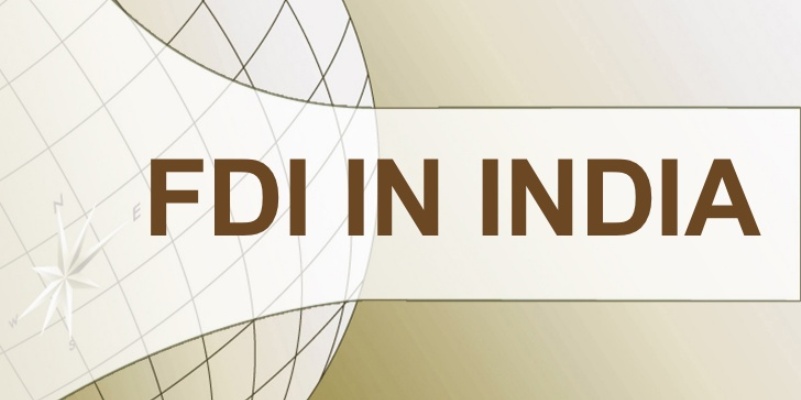New Delhi : According to the recent changes in FDI policy of 15 major sectors, The government has increased the FDI cap in the broadcast sector too, which is a much needed relief for the sector.
While the investment cap for news and current affairs channels and FM radio services has been increased to 49% from 26%, the ceiling on broadcast carriage services like teleport, cable services DTH and head-end-in-the-sky (HITS) has been enhanced to 100%.
Broadcast regulator TRAI had recommended the enhanced sectoral caps after extensive discussions with the government and industry in 2013.
According to Tuesday’s decision, uplinking of news and current affairs channels has been increased to 49% from 26% with the prior approval of government. Uplinking and downlinking of general entertainment channels is already at 100% through automatic route.
Regarding FM radio services, the government has increased the cap from 26% to 49%. This comes at a time when the sector is pitched towards large-scale expansion. The information and broadcasting (I&B) ministry recently completed auction of 135 channels in 69 cities earning Rs 1,157 crore. Another set of auctions for smaller cities and towns near border areas is expected under Phase III.
In the case of broadcast carriage services, teleports, direct to home, cable networks (multi-system operators operating at state, national or district level and undertaking upgradation of networks towards digitization and addressability), mobile TV and HITS, the government has decided to enhance the cap from 74% to 100%. Earlier the investment limit was 49% through automatic route and beyond 49% after approval from the Foreign Investment Promotion Board (FIPB).
One of the reasons for the government’s move in increasing foreign investment in broadcast infrastructure is the decision to move towards a digital addressable system. While metro cities have already been digitized, the process is at its last phase of implementation.
As per 2010 report from TRAI, there are a large number of multi-system operators and cable operators suffer from sub-optimal funding and poor services. Smaller cable operators do not have the resources to provide set-top boxes and enjoy economies of scale. The higher FDI permission could mean higher investments to ensure digitization.

















